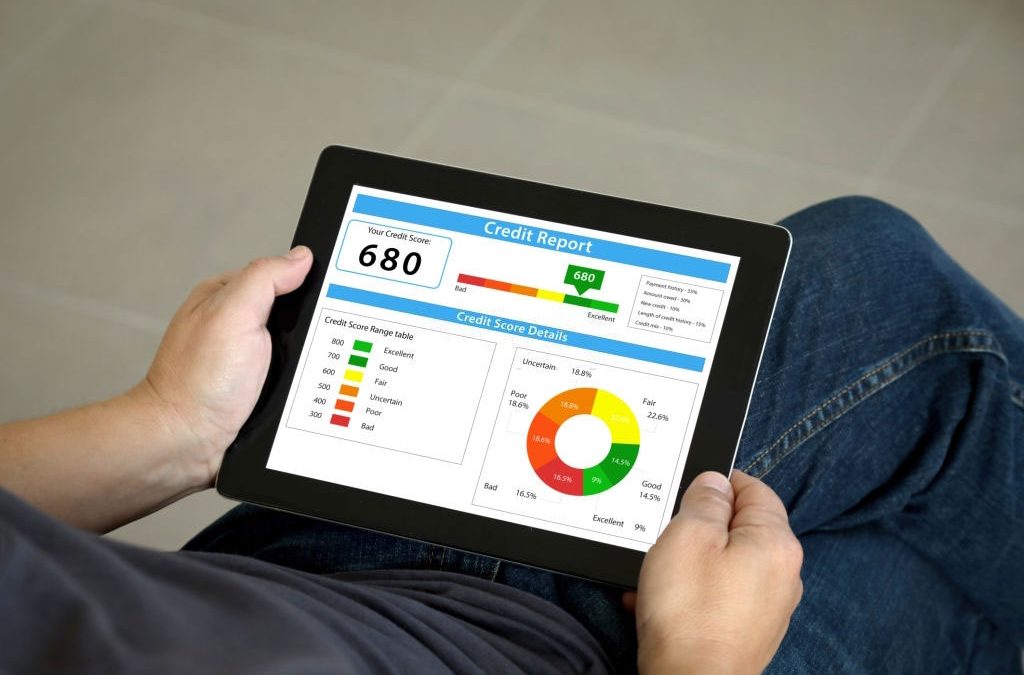Credit scores are one of the most heavily used concepts in the financial world. These scores are used to determine your credit worthiness. A credit score would greatly affect your ability to get loans, credit cards and many other financial services. As with anything else, people tend to misuse credit scores as well as the concept of them.
Credit scores are used to determine whether or not you meet lending criteria. Credit scores are a numerical value calculated on a person’s credit reports, reflecting the creditworthiness of a person. A credit score, much like a credit report, is based mostly on credit history, information usually sourced from several credit agencies.
The calculation of credit scores takes into account the number of accounts you have, the total amount owed on those accounts and your current level of debt relative to your income. Because these accounts usually have a balance that is more than the amount owed, they carry a higher risk of late payments and debt delinquencies. The higher your current level of debt, the greater the risk to lenders and the higher your credit scores will be.
Because there are different credit scores for different credit reports, consumers need to be aware of the differences. They also need to be aware of how to access their free credit reports, know what to look for on them and where to go to get them. When consumers access their free reports online, it usually means that their credit scores have changed. This could mean that they were late on at least one payment, or they may have missed payments entirely.
Because different lenders use different criteria to determine credit scores, it can be difficult for consumers to understand the differences. The good news is that it doesn’t take long for them to discover mistakes that negatively impact their scores. Once they learn the various criteria that lenders use, they can easily learn what areas need to be improved. For example, if they notice that a creditor only looks at the date of the last account statement versus the date of the last mortgage payment statement, they can contact the lender with questions about the criteria used. If the creditors’ definition of late payments is three months instead of the actual one year, they can use this as leverage to negotiate a better loan term.
What happens next is simple but not necessarily easy. One of the steps is for the consumer to dispute inaccurate information on their credit reports. This dispute process is known as disputing, which is often the first step towards repairing credit scores. If the lenders don’t address the issues that the consumers bring up, they will continue to receive negative reporting and could ultimately lower their score even further. Since lenders use different criteria to evaluate credit risk, knowing how to correctly challenge items on your reports will greatly increase your chances of improving your credit scores.
If consumers make a habit of using a large number of credit cards, they also have to consider the types of rewards that each card offers. Credit issuers are notorious for including incentives to consumers in their promotions. The logic is that if the incentive is available, people will more than likely make use of it. The problem with many credit cards is that consumers have a hard time making the reward buying decisions without knowing all of the incentives. It is important to read all of the terms and conditions associated with a credit card’s incentives and understand how each credit card operates before making the decision to apply for any new credit cards.
Finally, consumers should check their credit reports from all of the major reporting agencies and be prepared to address any inaccuracies that are discovered. Many lenders work with smaller credit reporting agencies, so it isn’t uncommon for errors to occur. If a mistake is made, the borrower has the ability to contest the error. It is important that the borrower does this because the error could lower their credit scores. It is also important to understand that creditors have to prove their claims if the credit scores are lowered. Consumers should take the necessary time to stay informed about their credit scores and should be prepared to address any errors that they find on their credit reports.

